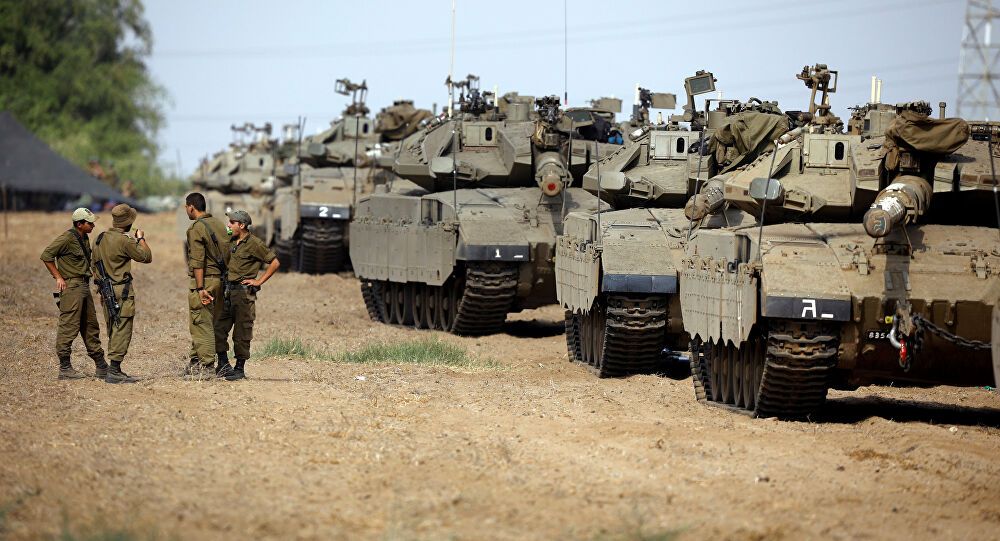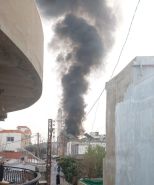
As the deadline approaches for Israel's withdrawal from southern Lebanon, a fragile calm persists in the region.
The Ceasefire Monitoring Committee has been informed that the Israeli army has requested to remain in certain positions in southern Lebanon until February 28. The Lebanese side has firmly rejected this request. Additionally, according to information reported by the local channel LBCI, the ceasefire monitoring committee's meeting, initially scheduled for Thursday, has been postponed to Friday.
Additionally, reports indicate that the Israeli army has conducted operations involving the explosion and burning of houses in the town of Odaisseh, South Lebanon.
Israeli media outlets have reported on Wednesday that Israel has requested authorization from the United States to maintain a military presence at five points along the border between southern Lebanon and northern Israel, a request that Washington has reportedly denied.
According to Israeli Channel 12, Israel has provided "evidence" to US authorities regarding the Lebanese Army's inefficiency in controlling Hezbollah's activities, which would facilitate the rapid redeployment and military strengthening of the Iran-backed group.
Furthermore, Israeli media have reported that the Israeli Army does not plan to withdraw from several strategic sites in southern Lebanon, arguing that this decision aims to ensure the security of northern Israel amid ongoing tensions at the border.
This development follows a request by Israeli Prime Minister Benjamin Netanyahu during his meeting with US President Donald Trump at the White House last Tuesday. Netanyahu had suggested extending the Israeli Army's withdrawal from southern Lebanon by several weeks.
In this context, and as suggested by Israeli sources, Washington might agree to extend the deadline for the withdrawal of Israeli soldiers, in light of concerns about the collapse of the ceasefire agreement.
Despite these concerns, a report from other Israeli sources indicates that the US administration insists on the withdrawal of Israeli forces from southern Lebanon before February 18, a deadline that has already been extended previously, as the ceasefire agreement initially expired on January 26. Washington seems to believe that the Lebanese Army has been sufficiently deployed and that its complete repositioning at the border should occur before the deadline.
A spokesperson for the US National Security Council stated that the Israeli withdrawal will proceed on schedule and that no extension request has been made by Netanyahu's government. In the meantime, Israeli forces are expected to continue their withdrawal in the coming days.
In this transition, the Lebanese Army has undertaken deployments in several southern Lebanese localities following the departure of the Israeli Army. The sectors of Rab al-Thalathine, Tallouseh and Bani Hayyan have been secured, as reported by the National News Agency. The Lebanese armed forces are also conducting patrols to facilitate the return of residents and to detonate unexploded ordnance in the area.
For his part, the Acting Commander-in-Chief of the Army, General Hassan Audeh, inspected the Army's deployment centers in the eastern sector on Wednesday. Local authorities have advised the population to adhere to safety instructions and avoid venturing into these areas until they are deemed safe.
In effect since November 27, 2024, the ceasefire ended the clashes between Israel and Hezbollah that began with Hamas' offensive in October 2023. These events culminated in a large-scale war in Lebanon starting September 23, 2023. While the situation appears relatively calm today, uncertainty remains regarding the region's future and the fragility of the ceasefire agreement.



Comments